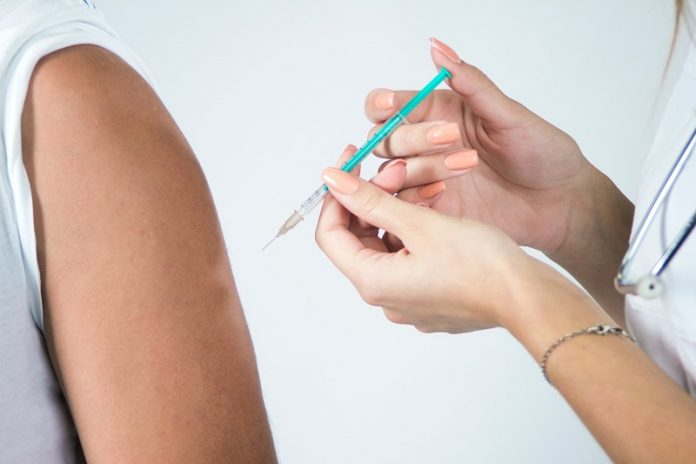
A new breakthrough from the University of Bath could make painful injections a thing of the past for many patients.
The technology, developed by researchers in the university’s Department of Life Sciences, could allow a wide range of protein-based medicines—currently only available by injection—to be taken as simple pills.
These medicines include important treatments such as growth hormone, certain cancer immunotherapies, and drugs for managing diabetes and weight, like Wegovy and Ozempic.
At the moment, they can’t be taken orally because protein-based drugs are broken down by stomach acids and enzymes before they can be absorbed into the bloodstream.
That’s why injections are the only option, which can be unpleasant, inconvenient, and a barrier to regular use—especially for people with chronic conditions who need daily doses.
The Bath team’s new approach solves this problem by safely transporting therapeutic proteins across the gut wall into the blood.
The system works by imitating a natural process used by certain gut bacteria. Researchers linked the drug molecule—in their tests, human growth hormone—to a harmless carrier molecule taken from a type of bacteria related to cholera.
This carrier molecule attaches to a specific receptor on the surface of cells lining the intestine. It then ferries the attached medicine across the intestinal wall and releases it into the bloodstream—without harming the gut lining.
In animal tests, the method consistently delivered 5–10% of the drug into the blood, enough for effective treatment.
Professor Randy Mrsny, who led the research, said the platform is not only safe and consistent but also uses a biological pathway that is already well understood. “Once it’s been developed into a pill, our system would be more convenient for patients than injections, meaning no more needles,” he explained.
The team has already successfully tested the method in rats and is now collaborating with pharmaceutical companies to refine it. They hope to begin early human trials within the next two years. If successful, this approach could make life much easier for patients who currently have to inject themselves daily—such as children who need growth hormone therapy or people managing chronic illnesses.
Unlike earlier experimental systems, this method doesn’t damage the intestinal lining and could be adapted for many different protein-based treatments. “This has the potential to transform the lives of patients,” Mrsny said, “by replacing injections with a simple pill.”
The research is published in the Journal of Controlled Release.
If you care about health, please read studies about the best time to take vitamins to prevent heart disease, and vitamin D supplements strongly reduce cancer death.
For more health information, please see recent studies about plant nutrient that could help reduce high blood pressure, and these antioxidants could help reduce dementia risk.



